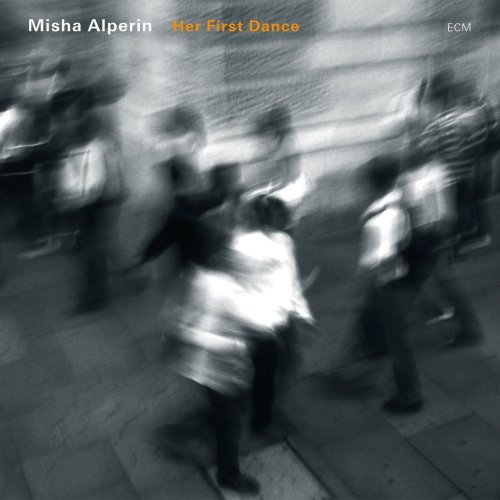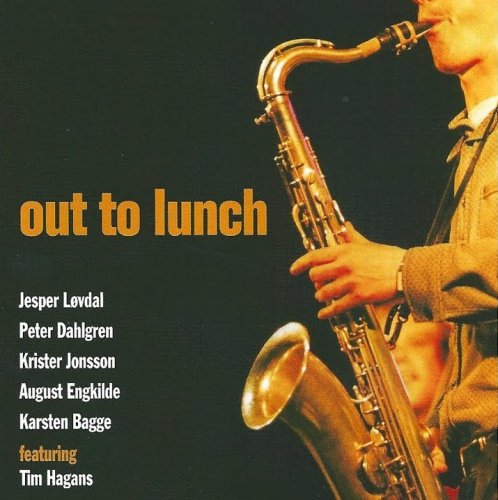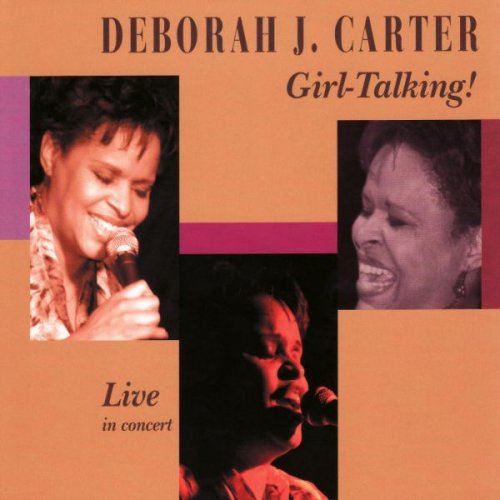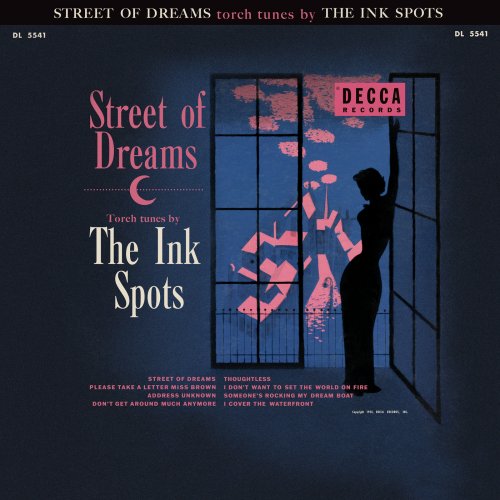Misha Alperin - Her First Dance (2008)

Artist: Misha Alperin
Title: Her First Dance
Year Of Release: 2008
Label: ECM
Genre: Contemporary Jazz, Neo-Classical
Quality: FLAC (tracks)
Total Time: 48:39
Total Size: 149 Mb / 125 Mb
WebSite: Album Preview
Tracklist: Title: Her First Dance
Year Of Release: 2008
Label: ECM
Genre: Contemporary Jazz, Neo-Classical
Quality: FLAC (tracks)
Total Time: 48:39
Total Size: 149 Mb / 125 Mb
WebSite: Album Preview
1. Vayan 6:12
2. Her First Dance 5:16
3. A New Day 3:23
4. April In February 2:39
5. Jump 3:24
6. Tiflis 6:00
7. Lonely In White 4:28
8. Frozen Tears 5:25
9. The Russian Song 4:31
10. Via Dolorosa 7:21
Performers:
Misha Alperin: piano
Arkady Shilkloper: French horn, flugelhorn
Anja Lechner: violoncello
April and May of 2008 marked a very interesting period for Manfred Eicher's ECM label. There were three full-group recordings by Evan Parker and the Transatlantic Art Ensemble, Jacob Young's group, and the Marcin Wasilewski Trio, all of which were top-notch. This represents the norm for the imprint, but there was also a slew of small-group and solo releases -- by Marilyn Crispell, Marilyn Mazur, Jon Balke, and Ketil Bjørnstad with guitarist Terje Rypdal -- issued very close to one another, groups of them even on the same day. Misha Alperin's Her First Dance rounds out this latter group; it is the Ukrainian pianist's first recording for ECM in a decade -- his two offerings released previously in this century were recorded in 1998. This series of ten new pieces showcases solos, duos, and trios. His musical partners are German cellist Anja Lechner and Russian horn player Arkady Shilkloper, who has worked with Alperin for years. Alperin is a very unique pianist whose juxtaposition of classical music, jazz, and free improvisation creates a seamless and very poetic whole, whether the tempo is furious or languid and whether the content is dense or full of space. Both come to the fore in the album's opening track, "Vayan," the first of four solo pieces. It begins starkly, with the poignant, pronounced striking of single notes in the high register; separated by a single low one, they grow into clusters of furiously paced two-handed counterpoint exercises and large dissonant chords that evoke Bartók -- yet somehow also suggest the denser experiments of Lennie Tristano in places. The title track that follows is in marked contrast. With Alperin accompanied by Shilkloper, the piece is at once more spacious, lyrical, and mysterious, with the notion of memory being evoked by Shilkloper's horn lines.
"Frozen Tears" is a haunting duo for piano and cello. Its title reflects the music within it perfectly. Alperin begins by repeating a single chord for nearly a minute as Lechner enters with the melody, letting it breathe for Alperin to underscore it with a change, a few notes of interlude, and then another verse played very similarly. It's quite effective at evoking the notion of grief and solitude until Alperin begins his solo, which is brief enough to create a bridge to the next section where one hand continues that chord and other interacts with the cello. It's stunningly beautiful. There is only one trio on the set, and it is the hinge piece of the album. "Tiflis" is a six-minute work that displays in its restrained palette a subtle lyricism that evokes deep, drawn-out emotions. The beautiful twinning of harmonic lines by the piano and cello creates the sense of drama for Shilkloper to underscore at every turn. Alperin takes his time, placing chords of three and four notes from each end of the keyboard to signify the shifts in timbre and space throughout. The final piece here is a solo, the other bookend, called "Via Dolorosa," (The Way of Sorrows). It begins in the lowest register, again with a single note bringing the listener's attention, answered by some small, high, two- and three-note chords, spaced just enough to keep the listener off-kilter. That bass note acts as the narrative anchor for the signing tones up the keyboard -- almost as if it were an oratorio in which a basso profundo singer offered an interjectory to a narrative recitative by an alto or low soprano. This is not a hymn at all, but a profound if sparse piece of musical tension and drama. The middle section moves to the central register of the keyboard where a more elliptical yet pronounced melodic line is introduced and answered by chords that are at first doleful, then forceful, then elegiac, before the piece returns to the skeletal expressions of a language beyond speech that echoes its way into silence. This is a beautiful recording and perhaps, as idiosyncratic as it is, Alperin's finest moment for ECM yet.
"Frozen Tears" is a haunting duo for piano and cello. Its title reflects the music within it perfectly. Alperin begins by repeating a single chord for nearly a minute as Lechner enters with the melody, letting it breathe for Alperin to underscore it with a change, a few notes of interlude, and then another verse played very similarly. It's quite effective at evoking the notion of grief and solitude until Alperin begins his solo, which is brief enough to create a bridge to the next section where one hand continues that chord and other interacts with the cello. It's stunningly beautiful. There is only one trio on the set, and it is the hinge piece of the album. "Tiflis" is a six-minute work that displays in its restrained palette a subtle lyricism that evokes deep, drawn-out emotions. The beautiful twinning of harmonic lines by the piano and cello creates the sense of drama for Shilkloper to underscore at every turn. Alperin takes his time, placing chords of three and four notes from each end of the keyboard to signify the shifts in timbre and space throughout. The final piece here is a solo, the other bookend, called "Via Dolorosa," (The Way of Sorrows). It begins in the lowest register, again with a single note bringing the listener's attention, answered by some small, high, two- and three-note chords, spaced just enough to keep the listener off-kilter. That bass note acts as the narrative anchor for the signing tones up the keyboard -- almost as if it were an oratorio in which a basso profundo singer offered an interjectory to a narrative recitative by an alto or low soprano. This is not a hymn at all, but a profound if sparse piece of musical tension and drama. The middle section moves to the central register of the keyboard where a more elliptical yet pronounced melodic line is introduced and answered by chords that are at first doleful, then forceful, then elegiac, before the piece returns to the skeletal expressions of a language beyond speech that echoes its way into silence. This is a beautiful recording and perhaps, as idiosyncratic as it is, Alperin's finest moment for ECM yet.
![Moonchild - Waves (2026) [Hi-Res] Moonchild - Waves (2026) [Hi-Res]](https://www.dibpic.com/uploads/posts/2026-02/1771498123_a3922124048_10.jpg)


![Ragini Trio - 3 (2026) [Hi-Res] Ragini Trio - 3 (2026) [Hi-Res]](https://img.israbox.com/img/2026-02/19/uoki2dxo3dfz215xa2kz53gcp.jpg)
![William Ackerman - Past Light (1983) [1997 Japanese Edition] William Ackerman - Past Light (1983) [1997 Japanese Edition]](https://www.dibpic.com/uploads/posts/2026-02/1771702726_001.jpg)
![Æthenor - Hazel (2016) [Hi-Res] Æthenor - Hazel (2016) [Hi-Res]](https://img.israbox.com/img/2026-02/21/u8vm4dsf9wrvmhpl4zso2e791.jpg)


